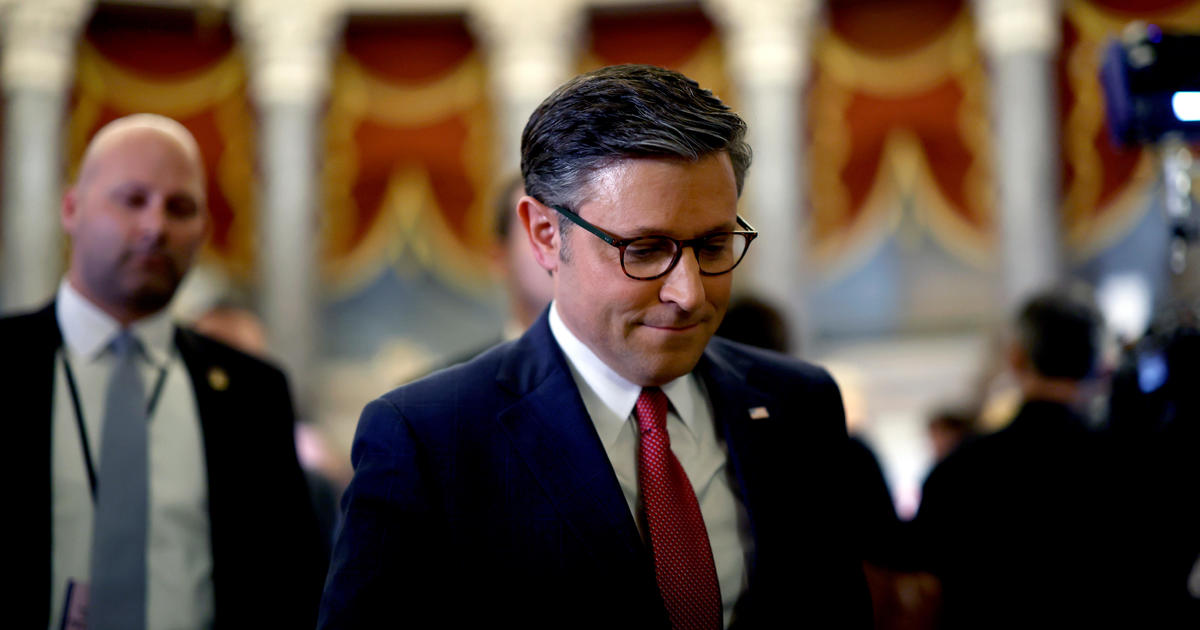Leaders in Congress unveiled a government funding package early on Thursday that includes money for several key departments and agencies, paving the way for lawmakers to avoid a government shutdown ahead of a Friday night deadline. The package covers funding for the departments of State, Homeland Security, Defense, Labor and Health and Human Services, as well as funds for foreign operations, financial services, and the legislative branch. House Speaker Mike Johnson highlighted the focus on strengthening national defense and supporting military personnel in uniform, as well as halting funding for the United Nations agency that employed terrorists involved in attacks against Israel.
The funding package also includes a ban on all direct U.S. funding for the United Nations Relief and Works Agency for Palestine Refugees, following claims that agency employees were involved in a terror attack in Israel. The proposed package aims to increase U.S. Immigration and Customs Enforcement’s detention capacity and provide funding for Border Patrol agents to enforce border and immigration laws. Negotiators faced challenges in reaching a deal earlier in the week, but eventually reached consensus on the annual spending bills amid ongoing disputes about border security in Congress.
Despite progress on the funding package, there is still work to be done to stave off a potential government shutdown by Saturday. House lawmakers are expected to pass the legislation under suspension of the rules, requiring the support of two-thirds of the chamber. The Senate will need unanimity to move the legislation quickly, with potential for delays if any sticking points arise. Lawmakers are set to leave for a two-week recess, adding urgency to the need to pass the funding package. Some senators expressed frustration over the tight timeline, advocating for a continuing resolution to allow more time for debate.
The funding package marks progress in resolving the government funding dilemma that has persisted for months. House Speaker Johnson acknowledged that attention will turn to supplemental funding after the appropriations process is fully resolved. The White House has been seeking additional funding for U.S. allies like Ukraine and Israel, with the Senate approving the funding package earlier this year. The House is exploring options to address supplemental issues, but some challenges remain in bringing the measure to a vote. Overall, the funding package represents a significant step towards averting a government shutdown and ensuring continued operations of key federal agencies.









